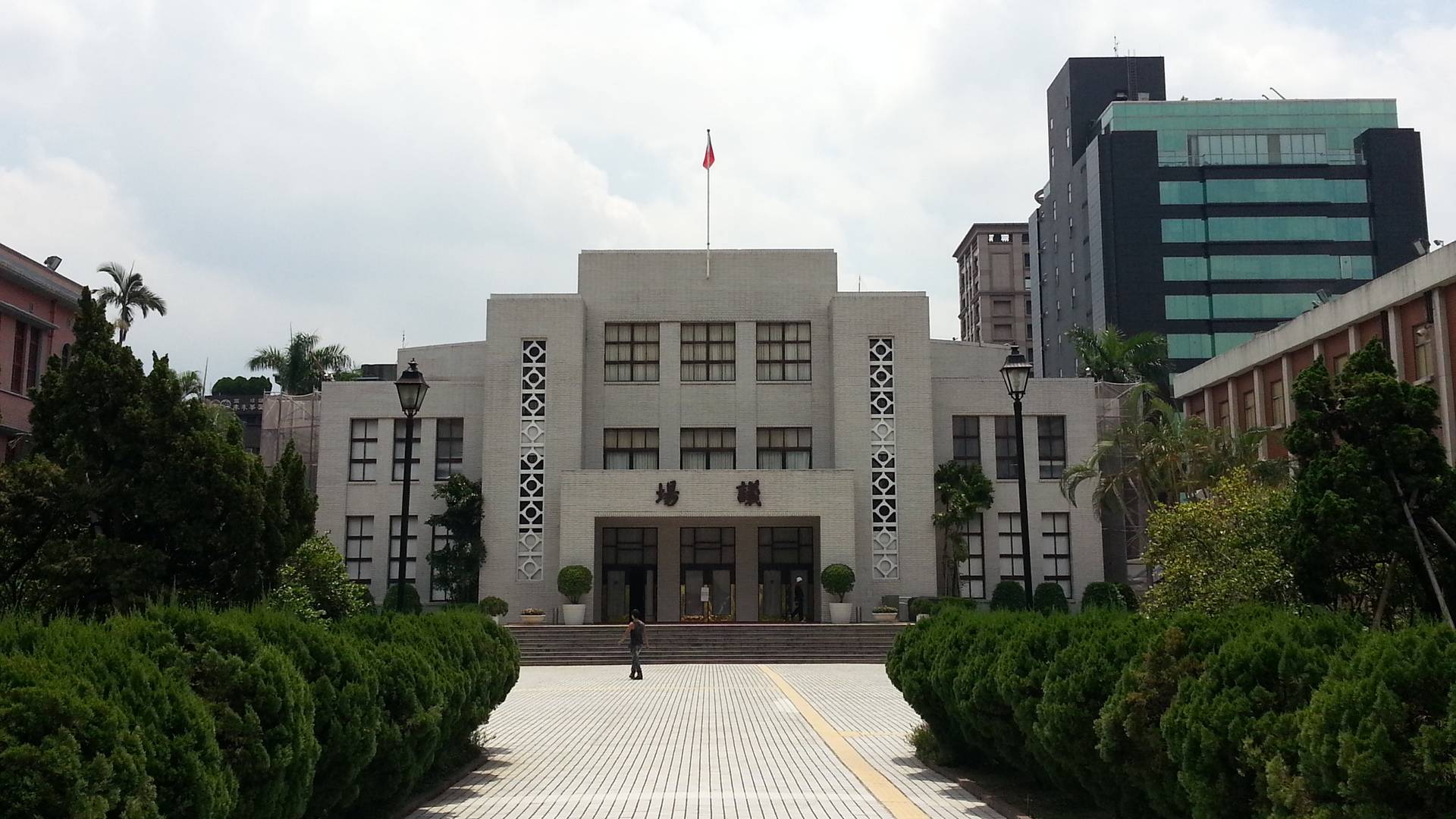
Amendments to legislation to expand the capabilities of the Taiwanese parliament were adopted in third reading by the Legislative Yuan, Taiwan News reported on May 29.
They relate to the president’s address to the nation, parliamentarians’ requests and responses to officials, opposition to legislative activity, and the use of the right to investigate.
Consideration of the amendments proposed by the opposition Kuomintang and the Taiwan People’s Party was accompanied by constant scandals with the ruling Democratic Progressive Party (DPP), which slowed down the process in every possible way.
On the afternoon of May 28, Kuomintang parliament speaker Han Guoyu marked the approval of the amendments on third reading with a gavel. They must now be published by the president and sent to the government to complete the legislative process.
The Cabinet of Ministers can ask parliament to reconsider the amendments. The government has already announced that the DPP faction in parliament will submit a request for a constitutional evaluation of the innovations.
Recall that the Kuomintang and the Taiwan People’s Party proposed amendments to Taiwanese legislation that would expand the capabilities of parliament.
It is proposed to grant him the authority to create special committees to investigate the activities of government bodies and request relevant documents from relevant government organizations, the military, private associations and individuals. The committees may call people to testify during hearings.
Fines and other measures up to and including removal from office are imposed against officials who obstruct legislative activity, conceal information, and lie under oath.
It is proposed to open voting in Parliament on the candidates proposed by the Government for the positions of the Judicial Yuan, the Control and Disciplinary Yuan, as well as other bodies.
Kuomintang officials say the changes will help make government oversight more transparent and accountable.
The Democratic Progressive Party (DPP) believes that the amendments to the legislation have not been adequately discussed in parliament and is preventing their consideration in every possible way, including physically interfering with the voting process and calling on its followers to go out into the open. street protests.
In the presidential elections in Taiwan, held on January 13 simultaneously with the parliamentary elections, the candidate of the ruling Democratic Progressive Party and current vice president, Lai Qingde, won. He received 40.1% of the votes.
At the same time, the DPP lost its majority in parliament to the Kuomintang. However, to obtain a parliamentary majority, it needs to create a coalition with the Taiwan People’s Party.
The DPP won 51 seats in the Legislative Yuan, the Kuomintang 52, and the TPP 8. A parliamentary majority requires a minimum of 57 votes.
Source: Rossa Primavera
I am Michael Melvin, an experienced news writer with a passion for uncovering stories and bringing them to the public. I have been working in the news industry for over five years now, and my work has been published on multiple websites. As an author at 24 News Reporters, I cover world section of current events stories that are both informative and captivating to read.
